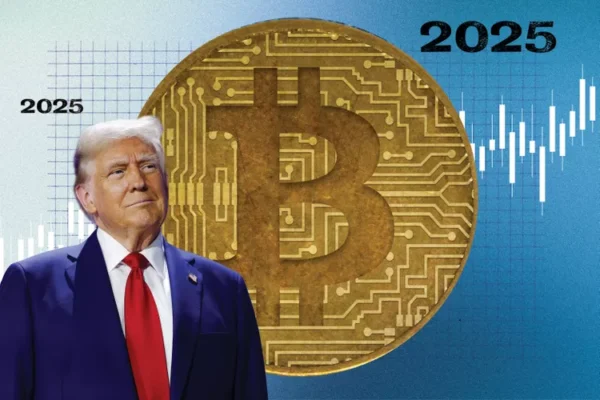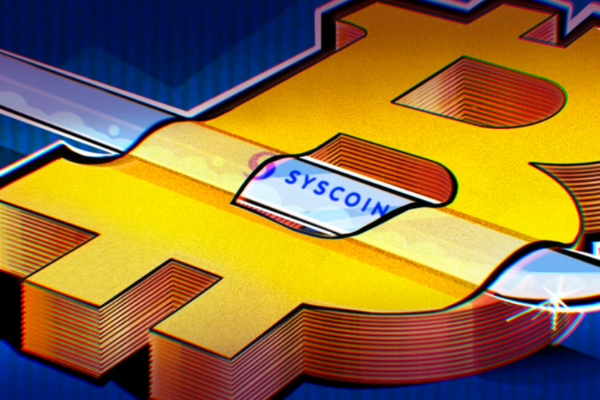
Crypto Biz: Coinbase vs. BiT Global – Over $1 Billion wBTC Dispute
This week, Crypto Biz covers Coinbase’s controversial delisting of wBTC, Deutsche Bank Blockchain, USDT in Europe, repaying FTX creditors, BVNK’s US launch, and more. Coinbase’s decision to delist wrapped Bitcoin (wBTC) has sparked major controversy and prompted a $1 billion lawsuit from BiT Global Digital Limited, the co-manager of wBTC’s reserves. In November, Coinbase announced plans to delist wBTC from its platform, citing violations of undisclosed listing standards. The decision was criticized by BiT Global Digital Limited, a Hong Kong-based cryptocurrency exchange that has partnered with BitGo to store wBTC’s Bitcoin reserves since August. BiT Global argued that with this move, Coinbase wanted to promote its competing product, Coinbase Wrapped BTC (cbBTC), which was launched on September 12 and has since become one of the most popular Bitcoin wrappers with total sales of approximately US$1.4 billion. Following the delisting, BiT Global filed a lawsuit against Coinbase on December 13, seeking more than $1 billion in damages. The lawsuit accuses Coinbase of anti-competitive conduct, including attempting to monopolize the wrapped Bitcoin market under the Sherman Act, engaging in predatory conduct aimed at undermining wBTC’s market position, and making false statements implying that wBTC did not meet listing criteria. Coinbase’s general counsel Paul Grewal defended the company’s actions a few days later, saying that assets that do not meet the listing criteria will be delisted. The latest development in the case emerged on December 17 after Coinbase filed a response to a lawsuit highlighting the risks associated with cryptocurrency entrepreneur Justin Sun, including allegations of financial misconduct and regulatory investigations. The exchange’s response supported the assumption that there were no technical reasons for the token delisting. In X, users were reminded that Coinbase itself was under numerous investigations. On December 18, a federal judge sided with Coinbase and refused to issue an injunction to block the token delisting. Judge Araceli Martínez-Holguín said BiT Global’s legal team had not demonstrated “immediate and irreparable harm” in their arguments. But the decision appears to be just the beginning of a new legal battle. This week on Crypto Biz, we also cover Deutsche Bank’s blockchain, USDT trading in Europe, repaying FTX creditors, and BVNK’s US expansion. Deutsche Bank builds L2 blockchain on Ethereum Germany’s largest financial institution, Deutsche Bank, is reportedly developing its own Layer 2 (L2) blockchain on Ethereum using ZKsync technology to address compliance challenges associated with the use of public blockchains in regulated finance. According to Bloomberg, the L2 solution, part of Project Dama 2, is designed to improve transaction efficiency, ensure regulatory protections and integrate directly with Ethereum. Project Dama 2 is an initiative of the Monetary Authority of Singapore’s Project Guardian, which brings together 24 financial institutions to explore tokenizing blockchain-based assets. Tether USDT trading continues across Europe despite Coinbase delisting European cryptocurrency exchanges continue to support Tether’s USDt stablecoin after Coinbase announced it would delist it for European customers to comply with upcoming regulatory requirements. Major exchanges including Binance, Crypto.com and Kraken have maintained trading support for Tether’s USDt-USDT ticker at a drop of $0.9988 after Coinbase delisted the stablecoin in December. 13. Other platforms such as KuCoin, MEXC, and Bitget also offer stablecoins to European users, but the full implementation of the Crypto Asset Market Regulation (MiCA) is looming on December 30th. Coinbase has designated USDT as a MiCA-restricted stablecoin, but European authorities have not made a clear statement on whether USDT should be considered non-compliant with local laws. Kraken and BitGo will help distribute first FTX payments in 2025 Representative debtors in the bankruptcy case of the insolvent cryptocurrency exchange FTX announced that a restructuring plan that will allow them to repay customers will come into effect in January. 3. In a Dec. 16 announcement, FTX said it had established a timeline for the initial distribution of funds to the exchange’s users, more than two years after the company filed for Chapter 11 bankruptcy protection. According to FTX Debtors, the first group of creditors can expect repayment within 60 days starting Jan. 3, 2025, subject to certain conditions. The debtors said cryptocurrency companies BitGo and Kraken will help distribute the repayments to FTX users. Other groups of customers expecting repayments will be announced “in due course,” the exchange said. BVNK Raises $50M to Expand into U.S. Stablecoin Market Stablecoin infrastructure company BVNK has completed a $50 million Series B funding round led by Haun Ventures and plans to expand into the U.S. The new capital will be used to expand BVNK’s operations to San Francisco and New York City, according to a Dec. 17 announcement. London-based BVNK is currently valued at around $750 million. The company’s U.S. branch will develop local banking infrastructure and work on obtaining an operating license to serve local businesses. Participants in the round included Coinbase Ventures, Scribble Ventures, DRW VC, and existing investors Avenir and Tiger Global.

















